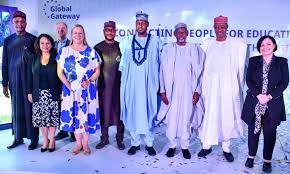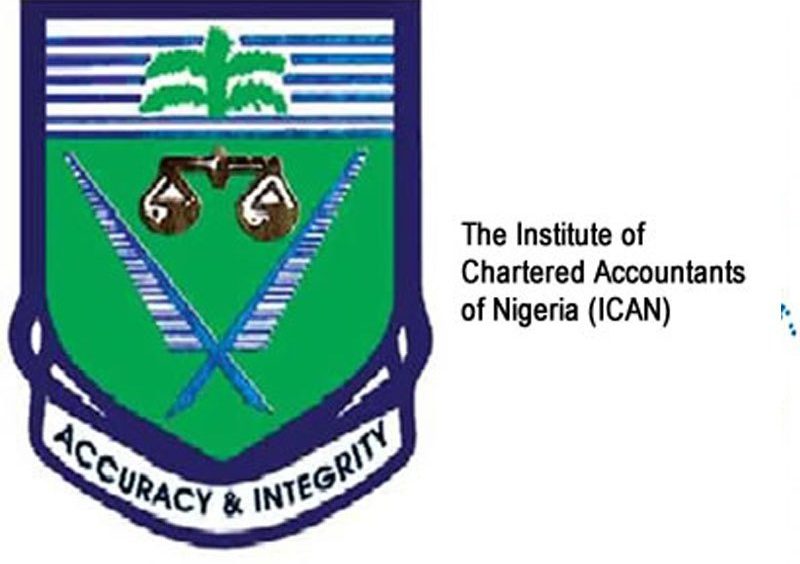Out-of-school Children: EU Commits £5.4m To Teachers’ Training
In line with its commitment to crash the high number of out-of-school children in the Northwest region of Nigeria by improving access to quality education and empowering youths in the region, the European Union has announced the investment of an additional 5.4 million euros in building the capacity of teachers.
EU Commissioner for International Partnerships, Jutta Urpilainen, disclosed in Abuja at the official launch of the €4O million intervention programme on education and youth empowerment in North Western Nigeria through the Global Gateway initiative according to a statement obtained by our correspondent on Saturday.
According to her, the additional fund was to ensure teachers get the necessary and upgraded skills and learning needed to nurture students armed with the requisite knowledge to become an army of solutions to the many challenges confronting Nigeria and the continent in general.
She said: “Actually, this component is complemented by a 5.4 million euro separate programme that we signed today, which is dedicated to teachers for aiming to build their resilience and capacity in challenging environments. We have to remember that there is no education without teachers and that’s why we also have to invest in teacher training.
“The third objective of our programme is really that it empowers youth with the skills they need, providing vocational education as promoting behavioural change campaigns to challenge harmful social norms and empower girls.
Urpilainen further added that the European Union was equally out to provide vocational education and training for Nigerian youths to equip them with the necessary skills required to excel in the Labour market.
“This ambitious programme launched today has been designed with Nigerian authorities to ensure the ownership and an adequate response to the local needs. The EU is not only targeting the youth through this specific programme, it is also bringing the youth to the driving seat and this is why as the EU, we set up the Youth Sounding Board, also here in Nigeria, as well as in many countries to make sure that what we do is for the youth but also by the youth.
“We have to include young people in the decision making, we have to create spaces and structures where young people feel that they are visible and they watch this and this is precisely what the European Union is doing.”
Urpilainen noted that Nigeria was not only the economic powerhouse on the continent and the most populous country in Africa, but the country was also a strategic partner of the EU in the West region.
While describing education as the most transformative sector with the ability to change the fortunes of a country, she noted that the programme would focus on lifting out-of-school children off the streets to get the required education, especially girls through various components aimed at achieving one objective; access to quality education and youth empowerment.
She said: “Education is the most transformative sector in which we can invest and it is the cornerstone for creating resilient societies and finding solutions to the biggest challenges of our time.
“So the EU investment on access, skills and quality education and youth empowerment in Northwestern Nigeria brings all these different components together. It will be deployed in the Northwest Nigeria.
“The programme which we are launching today supports access to education for out-of-school children with a specific focus on bringing and keeping girls in schools. It also includes direct assistance to families cash, cash, transfers, social protection, income generation, gifts and indirect assistance through agricultural practices. I think it’s important that we provide access to education for every child in Nigeria so no one is left behind.
“Another talk and overall objective of our programme is that it promotes validated teaching and learning in targeted schools. So it will support child-centred medical, sexual reproductive health racial gender equality training and support community based and state level capacities to deliver on education.”




